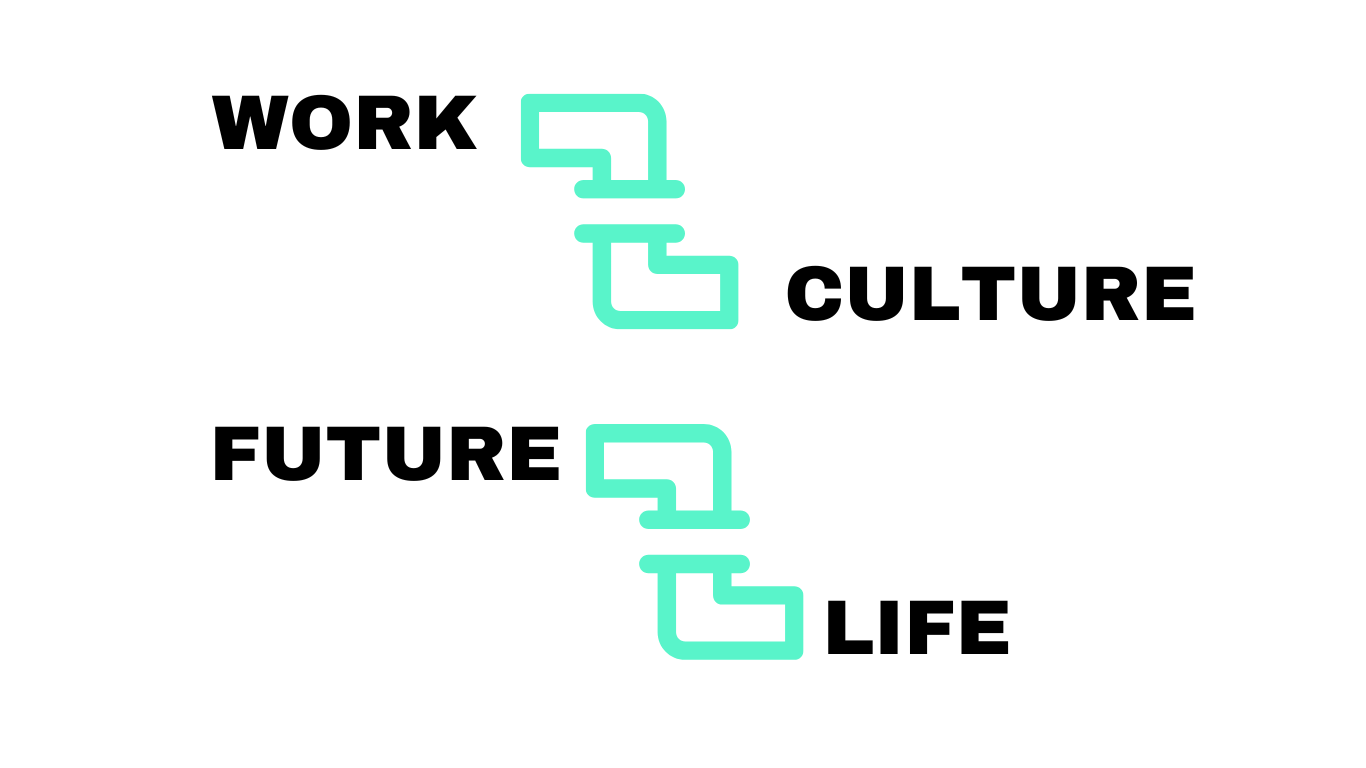I am starting a new research project on the stories we tell about work, and I'm really excited about it. It all began after I gave a TED talk on how the creative economy can transform Africa's economic future. Since then, I've been hearing from people all over the world who watched the talk and are curious about my career journey.
At first, I didn't think much of it. But now, almost three years later, I'm still receiving calls and messages from various individuals asking essentially the same question: How did you build a work life that is uniquely yours?
Many of these people know that I originally trained as a medical doctor, so they're puzzled by how I ended up running a large TV channel in Ethiopia and why I became a serial entrepreneur in the first place. In our conversations, a common theme emerges - these individuals feel deeply frustrated. They feel trapped in their own work lives and don't know how to break free.
What's interesting is that many of them hold senior positions and have achieved significant success by traditional standards, particularly in corporate America. Yet one by one, in their late 40s or early 50s, they're choosing to leave. And somehow, they're turning to me for guidance on their next steps.
Now, if I were running a coaching business, this would be fantastic. But that's not what I do. You can only become my client through my studio, and those opportunities are limited due to my busy schedule with media projects.
However, recently I've been experimenting with a new approach - immersing myself as an Executive Producer (EP) in various organizations. I tried it out first with a narrative change organization I love - IRIS. Now I am embedded in a few other organizations as well, some of which I can talk about, others I can’t because I had to sign NDAs. Through this process, I'm gaining valuable insights into why work is so dysfunctional. While this research is still in its early stages, if you'd like to discuss your work life with me, please send me an email at mehret@truthaid.org.
It's important to acknowledge that The Great Resignation, a significant wave of people leaving corporate America, is closely related to what I'm exploring. I've studied this phenomenon, and it's clear that the primary reasons behind this mass exodus are toxic work cultures. By "toxic," I mean environments where employees don't feel psychologically safe due to harassment, disrespect, bullying, microaggressions, threats/ sabotage from colleagues or managers, and a lack of appreciation.
However, in addition to The Great Resignation, I believe there's another related trend happening - what I call The Great Reflection. Generation X (and really everyone else) find themselves at a crossroads between the idealized version of work they were taught to desire and the harsh reality they're experiencing.
The myth is crumbling. The well worn paths to success no longer live up to their promises, and I want to have a conversation about it. In this season of The Fragile Real, we'll delve deep into work: the narratives surrounding it and what they signify for power dynamics, potential opportunities, and our ever-changing futures.
As I write these words, it feels like I've been here before. Just over a decade ago, I noticed a similar situation among my friends in their late 30s. Many of them were utterly miserable in their jobs but felt too bound by societal expectations to make any changes. This became the focus of my TEDx talk on how fear can often be disguised as love in our lives. My main message in that talk was for everyone to break free from their parochial “villages”, whatever that might mean and consider creating their own paths.
Now, ten years later, the stakes seem even higher and more deserving of deeper investigation. The same people I was talking about ten years ago finally decided to leave. But it’s not so straight forward. That's why I'm diving headfirst into this research. If you have a story to share or want to connect with me about these topics, please don't hesitate to reach out.



